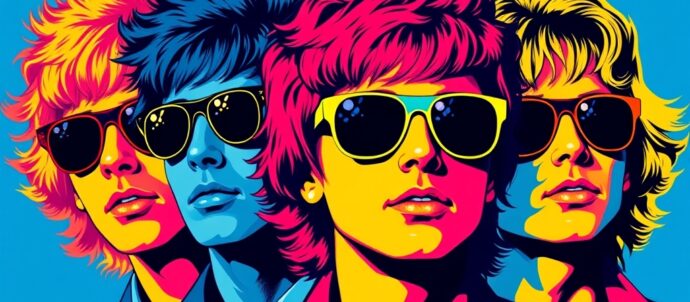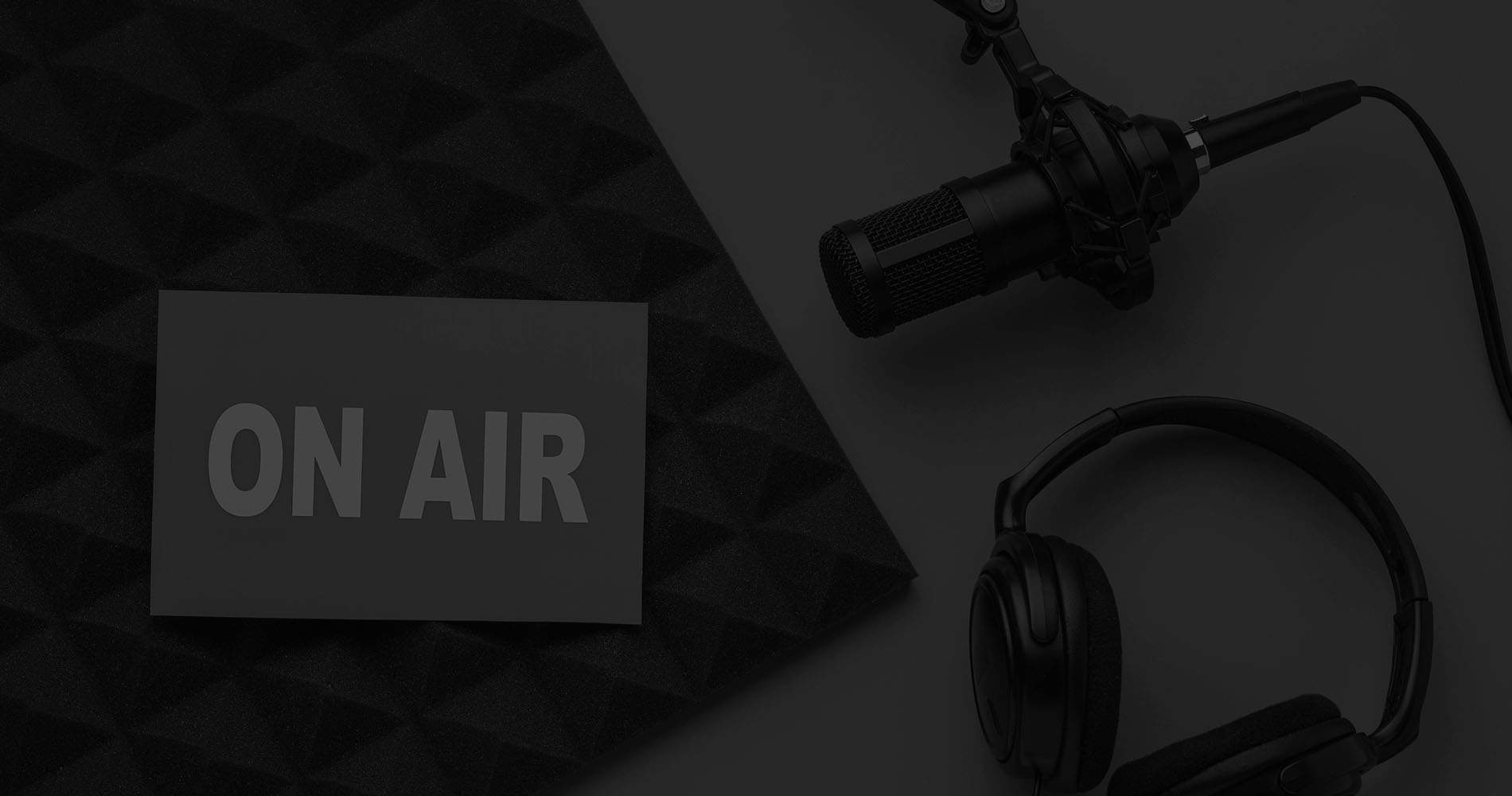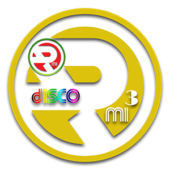New Wave
Presented by Girl Izi
Scheduled on
| MONDAY | 20:00 | 21:00 | |
|---|---|---|---|
| TUESDAY | 22:00 | 23:59 | |
| THURSDAY | 03:00 | 06:00 |
Tagged as Euro Disco, New Wave, Syth Pop
In the early 1980s, new wave gradually lost its associations with punk in popular perception. Writing in 1989, music critic Bill Flanagan said; "Bit by bit the last traces of Punk were drained from New Wave, as New Wave went from meaning Talking Heads to meaning the Cars to Squeeze to Duran Duran to, finally, Wham!". Virtually every new pop rock act, and particularly those that included synthesizers in their sound, were tagged as "new wave". Starting around 1983, the US music industry preferred the more generic term "New Music", which it used to categorize new movements like New Pop and New Romanticism. In Britain, journalists and music critics largely abandoned the terms "new wave" and "new music" in favor of subgenre terms such as "synth-pop".
New wave was closely tied to punk, and came and went more quickly in the UK and Western Europe than in the US. At the time punk began, it was a major phenomenon in the UK and a minor one in the US. When new wave acts started being noticed in the US, the term "punk" meant little to mainstream audiences, and it was common for rock clubs and discos to play British dance mixes and videos between live sets by American guitar acts. By the 2000s, critical consensus favored "new wave" to be an umbrella term that encompasses power pop, synth-pop, ska revival, and the soft strains of punk rock. In the UK, some post-punk music developments became mainstream. According to Music critic David Smay writing in 2001:
New wave was closely tied to punk, and came and went more quickly in the UK and Western Europe than in the US. At the time punk began, it was a major phenomenon in the UK and a minor one in the US. When new wave acts started being noticed in the US, the term "punk" meant little to mainstream audiences, and it was common for rock clubs and discos to play British dance mixes and videos between live sets by American guitar acts. By the 2000s, critical consensus favored "new wave" to be an umbrella term that encompasses power pop, synth-pop, ska revival, and the soft strains of punk rock. In the UK, some post-punk music developments became mainstream. According to Music critic David Smay writing in 2001:
Current critical thought discredits new wave as a genre, deriding it as a marketing ploy to soft-sell punk, a meaningless umbrella term covering bands too diverse to be considered alike. Powerpop, synth-pop, ska revival, art school novelties and rebranded pub rockers were all sold as "New Wave."
https://en.wikipedia.org/wiki/New_wave_music
Read more








 Italo Disco New Generation
Italo Disco New Generation  Euro Disco
Euro Disco